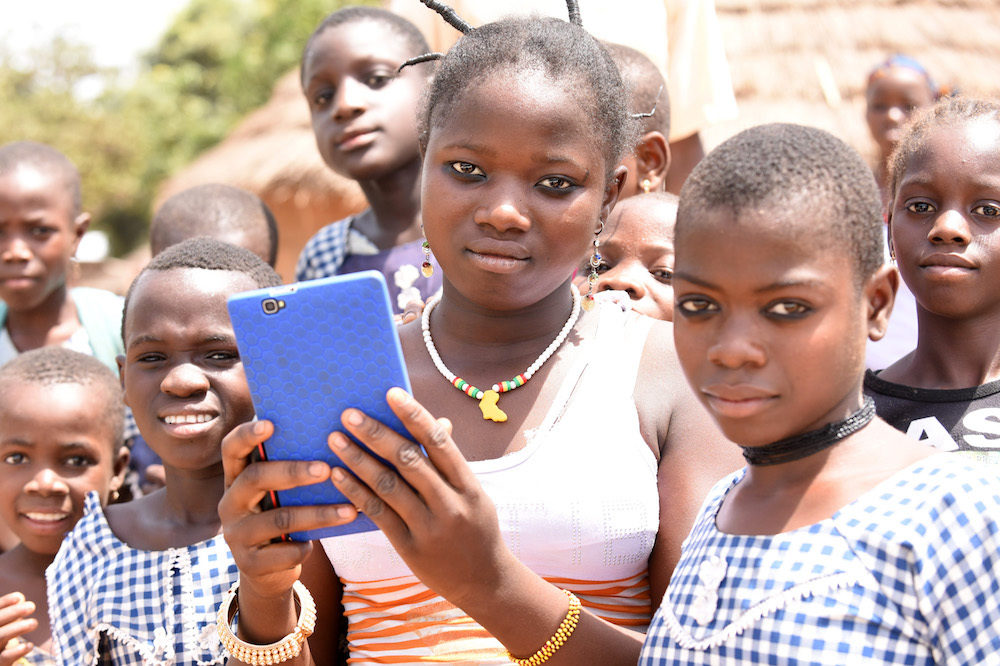About 37% of Nigerian parents are not sure which information their children share publicly, according to new findings by Kaspersky.
Parenting in a digital age can be quite a challenging thing. New social media are constantly emerging, attracting kids and leaving the parents out of the picture. They bring new dangers, which, however, can be prevented by the parents’ self-education and the ability to keep up to date.
According to the “Responsible Digital Parenting” survey*, 20% of Nigerian children have social media accounts. The most popular networks are: Facebook (84%), WhatsApp (61%), Instagram (37%), Snap Chat (11%). Apparently, parents try to keep up with the pace of change and to sign up in those media as well. For instance, 74% of parents in Nigeria befriend their children on social media and even chat there, 17% are friends without chatting.
However, some dangerous tendencies can be observed: 37% of parents are not sure which information is public in their child’s social media account, and thus they do not know that children can post such personal information as their hobbies (60%), names of relatives (49%), age (47%), home or mobile phone number (42%), photos of the apartments (24%) or home address (22%).
“Parents have to be aware of the information their children grant access to while online as this data could possibly harm their child and themselves, help cybercriminals to realise identity theft. It is extremely important to teach children the right approach to store their personal information and to make sure they understand which information is private and is not meant for public eye,” states Andrey Sidenko, Head of Child Safety at Kaspersky Network.
To safeguard your child and their personal information online, Kaspersky strongly recommends following these steps:
- Communicate with your child and establish a necessary bond: assure them you are always ready to answer their questions, teach them the basics of the Internet ethics and the difference between private and public information.
- Befriend your child on social media and possibly check the information they share from time to time, however, try not to intrude into the child’s private life.
- Install a reliable security solution such as Kaspersky Safe Kids to look after your child’s digital life successfully and in a more productive way.
Reference:
* The “Responsible Digital Parenting” survey was implemented in conjunction with Toluna research agency in the end of 2019 – beginning of 2020. 5000 respondents from META region and Baltic states participated in the survey.





























